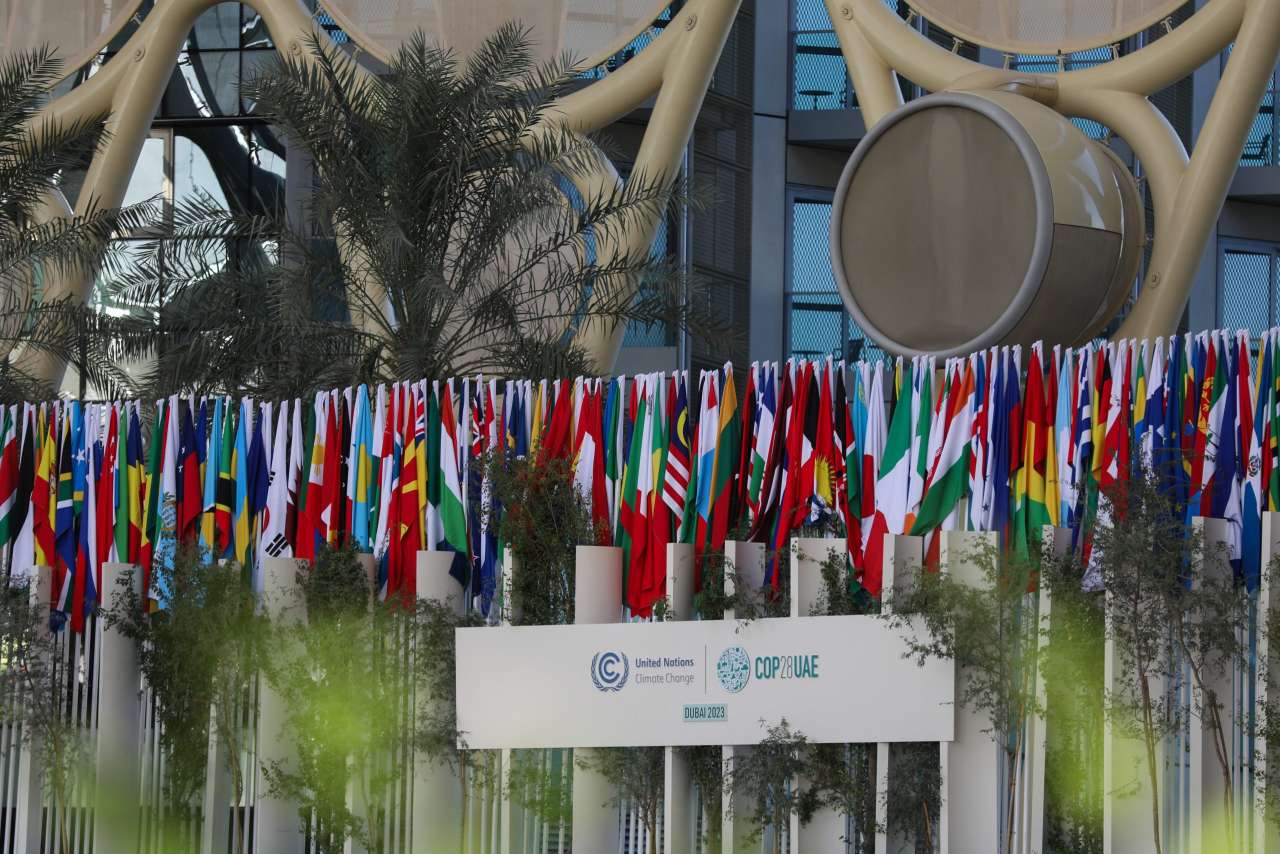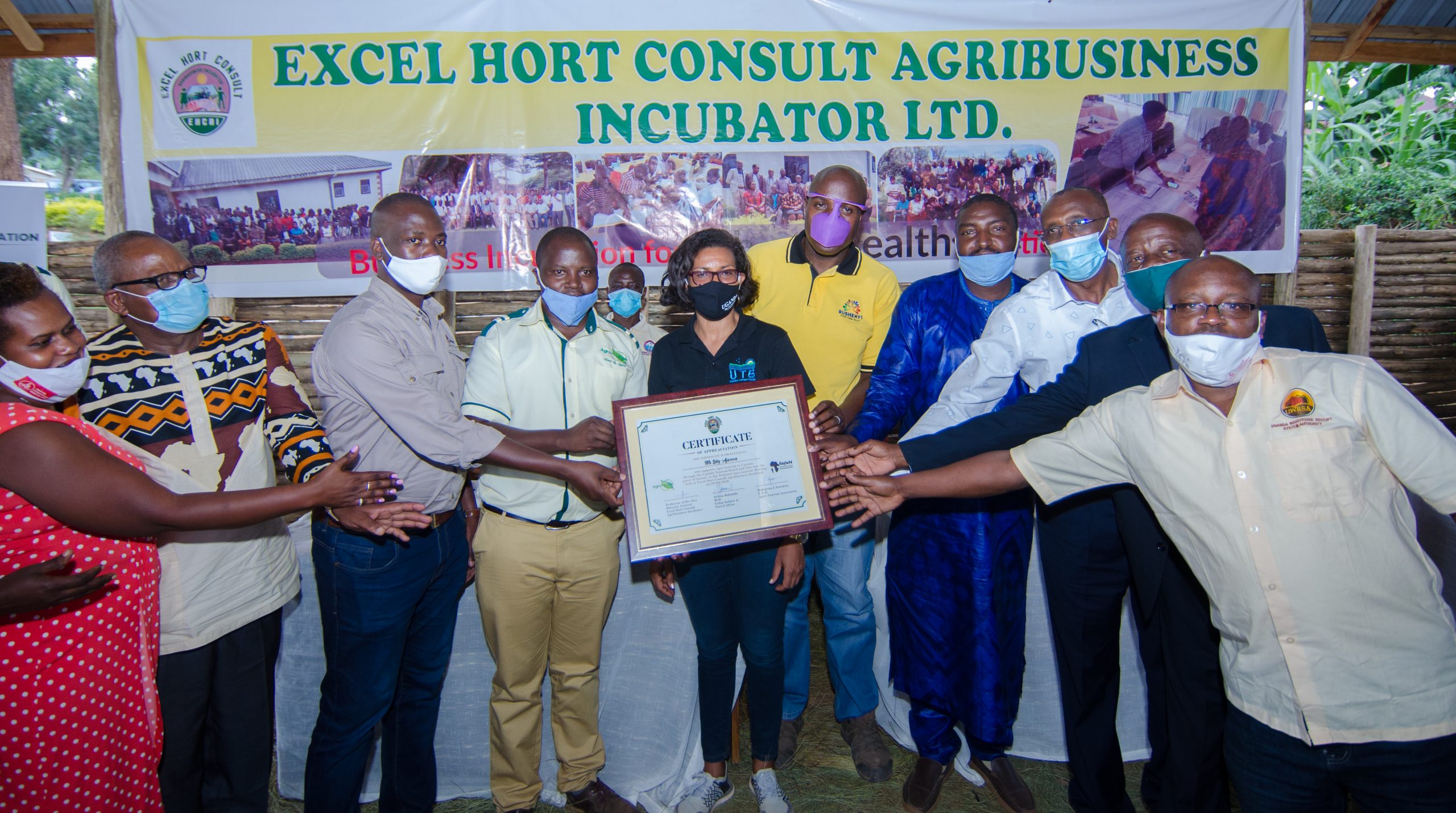The closure of the 28th conference of the parties (COP28) in Dubai marks a pivotal moment in global efforts to address the pressing issue of human-induced climate change.
This premier climate gathering witnessed tireless negotiations from representatives worldwide, striving to formulate a comprehensive plan to tackle the escalating crisis. While there were commendable achievements, it’s evident that COP28 fell short of delivering the resolute climate action mandated by scientific consensus.
Progress in Climate Finance Targets
A stride forward was made in formulating the new collective quantified goal (NCQG), building upon the $100 billion commitment by developed nations to finance climate mitigation and adaptation in the developing world.
Although the $100 billion target remains unmet, COP28 witnessed an agreement to outline a post-2025 finance target ahead of COP29. This development, while positive, leaves the intricate details for further refinement in the coming year.

Advancements in Addressing Loss and Damage
A landmark agreement unfolded at COP28, aiming to provide crucial support to nations most severely affected by climate change-induced loss and damage. This support encompasses various facets, including the development of national response plans, addressing climate information gaps, and promoting safe human mobility.
A diverse board will oversee these initiatives, with the World Bank taking the helm of the initial fund management. Notably, wealthy nations pledged over $650 million in Dubai to bolster this fund, signaling a significant step forward.
Navigating the Global Goal on Adaptation
Continuing the emphasis from COP27, COP28 prioritized strategies for adapting to the impacts of climate change. The final text underscores the need for doubling adaptation finance and sets explicit 2030 targets for water security, ecosystem restoration, and health.
However, concerns arise as commitments to closing the adaptation finance gap weaken, necessitating additional clarity on financing expectations and targets at COP29.
Scrutinizing the Global Stocktake and Fossil Fuels
The Global Stocktake underwent intense scrutiny at COP28, witnessing improvements in the final text, including mentions of peak global emissions and alignment with emission reduction goals.
Nevertheless, concerns linger over weakened language regarding coal and the inclusion of “transitional fuels” in the energy transition. The call for a “transition away” from fossil fuels, as opposed to a “phaseout,” adds complexity to the discourse.

Unresolved Questions in Carbon Markets
Carbon markets, crucial for facilitating cost-effective emissions reductions, were a focal point in Dubai. Unfortunately, negotiators failed to reach an agreement on supervising credit markets and accounting for different types of credits. Key questions surrounding the permanence of claimed reductions/removals will now be deferred to COP29.
Exploring Transition and Nature
The final COP text underscores the importance of a just transition and nature, with these themes resonating across Global Stocktake, Global Goal on Adaptation, climate finance, and implementation agreements. However, quantitative definitions for the just transition, from emissions trajectories to climate finance obligations, remain works in progress. Nature, explicitly mentioned in the Global Goal on Adaptation, introduces the acceleration of ecosystem-based adaptation and nature-based solutions, alongside a promising 2030 deforestation goal.
About Guide2Uganda
Guide2Uganda (www.guide2uganda.ug) is the most comprehensive source of travel information about Uganda that exists on the web, with more content on its cities & towns, accommodation, attractions, events, museums and galleries than any other online guide that currently exists for Uganda; as well as being a dynamic travel news and events driven site with fresh content added daily.
According to WeFollow & Peer Index (that measure online influence), we are among the most influential online media organizations in Uganda. Guide2Uganda was also awarded ‘’Best Destination Website in Uganda’’ by Jumia Travel Uganda in the 2018 Africa Travel Awards.
Share your travel stories & photos with the world via email: info@guide2uganda.ug




